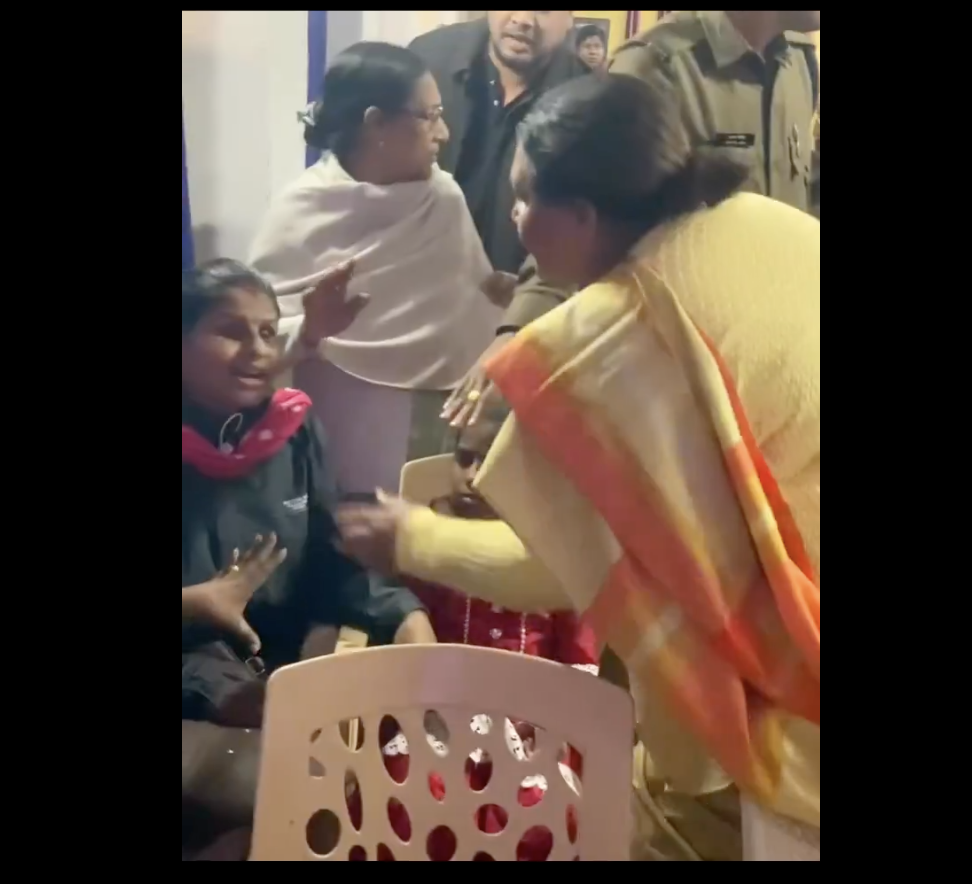
One of the important subscripts of the present political juggernaut of the Bhartiya Janata Party (BJP) and the concomitant dominance of political Hinduism has been Sangh Parivar’s increasing reach among Adivasis. The fatal attraction of the BJP among them, whose identity and interests are alien to the conservative Hindu nationalist party, has long been an issue of academic debate. Social science research reveals that the embedding of Hindutva politics among Adivasis in Gujarat, Madhya Pradesh, Chhattisgarh and Odisha has been due to the organisational strength of the Sangh Parivar in these states.
However, this does not wholly explain the growth of saffron politics in Jharkhand. The complex political space of Jharkhand that showcases the plurality of social movements and the enduring history of Adivasi identity assertion provide a much trickier political terrain for the Hindutva brigade to gain support among Adivasis in Jharkhand. The strength of the Church and the continued popularity of regional Jharkhandi parties also pose difficulties to the Sangh Parivar.
Despite the socio-political hurdles for its growth, the BJP has dominated electoral politics in Jharkhand in the last two decades. Also, the unprecedented events of religious tension and violence in Jharkhand coincide with increasing dominance of the BJP in the state.
In April 2017, an Adivasi-dominated village of Khunti district in Ranchi witnessed the ghar wapsi—reconversion—of 53 Adivasi families. The region has hitherto been the hotbed of Adivasi politics with the strong presence of the Church. The reconversion, therefore, was a strange event, as the Rashtriya Swayamsevak Sangh (RSS) puts it, triggering religious tensions. This led to some instances of violence in the district. Some months later in August 2017, the BJP-led state government passed the Jharkhand Freedom of Religion Act 2017, making the Adivasi-dominated state the sixth in the country to curb conversion. Furthermore, according to Hate Crime Watch, a database maintained by FactChecker, which is tracking religious hate crimes across the country since 2009, Jharkhand is the second deadliest state in the entire country with 15 reported hate crimes between 2014 and 2019.
Sangh Parivar’s Adivasi Outreach
The increasing activity of Christian missionaries among the Adivasis of central India in the pre-Independence era was the main cause to trigger the interest of Hindu nationalists in the Adivasis. The RSS refers to them as ‘vanvasi’ or forest dwellers and by extension ‘backward Hindus’, thus considering their conversion to Christianity a threat to the Hindu unity. It was with the dual aim of stopping the conversion of the Adivasis and revealing them their true Hindu identity that the Vanvasi Kalyan Ashram (VKA) was established in 1952.
This story was originally published in outlookindia.com . Read the full story here






